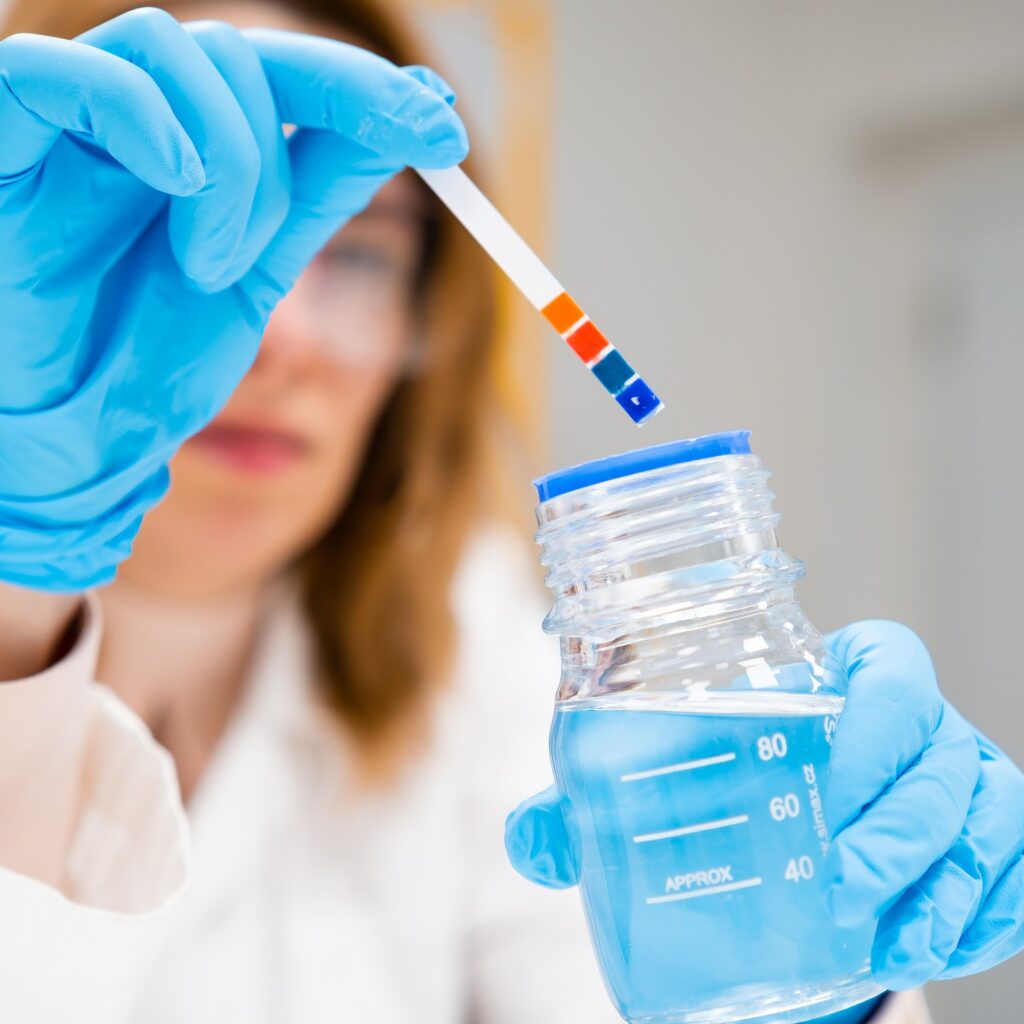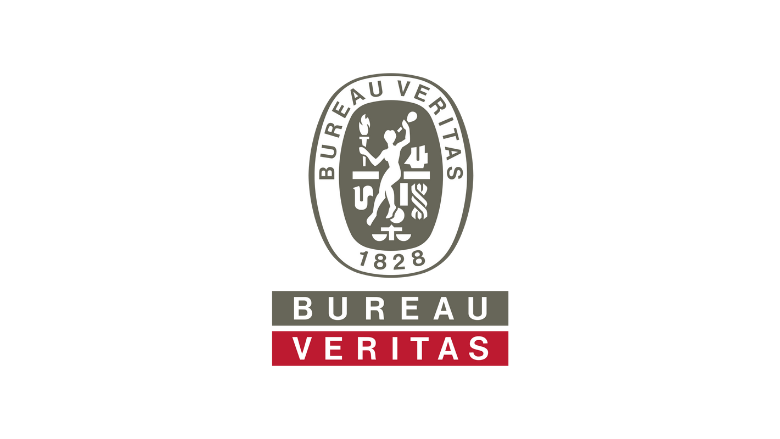Our report of the year 2023

‘Shaping a World of Trust’ features in the logo of Bureau Veritas, world leader in laboratory testing, inspections and certification services. ‘We see ourselves as a business-to-business-to-society company: we help create social trust,’ says Marijke Paalvast, Regional CEO Benelux. ‘Integrity is a crucial prerequisite for trust. That’s why our code of ethics forms the backbone of Bureau Veritas.’
‘Bureau Veritas has been designated by the government as a certification body for certain schemes,’ says Marijke Paalvast. ‘We are fully aware of our social significance in this regard. As a certification body, we are an indispensable link in the chain that ensures a safe, sustainable, ethical society. By testing whether companies meet quality standards, we help our customers prevent incidents that can lead to injury, death or environmental damage. For example, environmental incidents in an industrial environment, such as chemical leaks or explosion hazards.’
In order to safeguard the social interest, Bureau Veritas first guarantees the quality of its services. Paalvast: ‘We continuously adapt our procedures to new insights and changes in guidelines in the field of accreditation, safety standards, environmental and ethical guidelines. We also ensure that our employees are well trained and continue to develop. We work according to the four-eyes principle: one employee does an audit and writes a report with a conclusion, a second employee reviews that work and makes a firm decision before we issue a certificate. In turn, we are tested and audited by the RvA. We cherish the relationship and open attitude we have with the Council; we have good discussions about the findings and what we can learn.’
‘Secondly, we keep up with social developments,’ says Paalvast. ‘In these times, information flows and data play a crucial role. We therefore help customers to increase their resilience in the field of cyber security. Another example is sustainability: all kinds of organisations have to make contributions to achieve national and European objectives. When it comes to sustainability, our ambition as an accredited certification body is to verify the sustainability reports of these organisations. The decision on this still lies with the Ministry of Economic Affairs and Climate, but we are certain that we can make an important contribution in this area.’
Integrity, impartiality and independence are absolute prerequisites for Bureau Veritas. ‘Our reputation and our long-term success depend on them,’ Paalvast explains. ‘That’s why we have a code of ethics, in which we pay attention to matters such as conflicts of interest, anti-corruption policies and fair business conduct. We also describe the process that comes into effect in the event of a violation. All our internal and external employees and suppliers must take note of this and take a test on it, which we repeat every two years. We set a good example with the leadership team, and we want our employees to be integrity ambassadors in society.’

In everyday practice, auditors and inspectors sometimes find themselves in a situation that creates tension. ‘Suppose they make a finding that the customer has to resolve in order to get a certificate, then a customer may start a discussion about it,’ Paalvast explains. ‘If our inspector or auditor is put under pressure to make an amendment that he cannot justify himself, our integrity code contains the instructions to engage our management in such a case. This means that the employee doesn’t have to make any commitments that could in some way compromise safety, for example. In this way, the code protects our employees.’
‘I am convinced that integrity in all business and personal interactions will only become more important. For example, society is increasingly in need of reliable information about sustainability, and big data and artificial intelligence are increasing the demand for verified information. People want to know if a source is reliable. That confidence can only arise if the parties verifying the information can guarantee their integrity. Our code of ethics helps us to do that. That’s why it is so important that we make it clear how we comply with it. Certifying bodies cannot afford a single misstep when it comes to integrity.’
Paalvast says that certificates lose their value if people get the feeling that they are for sale. They must be based on a thorough audit or inspection, which customers may find burdensome. ‘It is up to us and our employees to convey the added value of that assessment,’ she says. ‘Audits help companies to work better and more safely and to demonstrably deliver on their promises. In this way, we help our customers to protect their reputation so that the public trusts them.’
‘We are extremely proud to be able to carry out this work. Part of why we are allowed to do this is because we have an assignation from the Ministry of Economic Affairs and Climate. This assignation has been obtained because we are accredited by the RvA. This complex interplay of parties ensures that together we can protect safety, well-being and the environment.’
Marijke Paalvast is Regional CEO Commodities NW Europe and Industry & Facilities Benelux. She has various management positions on her CV; at international banking, telecom and integrated facility management companies.
Paalvast has a great deal of experience in the field of growth, operations and business transformations In addition, she has a strong drive to connect people.
